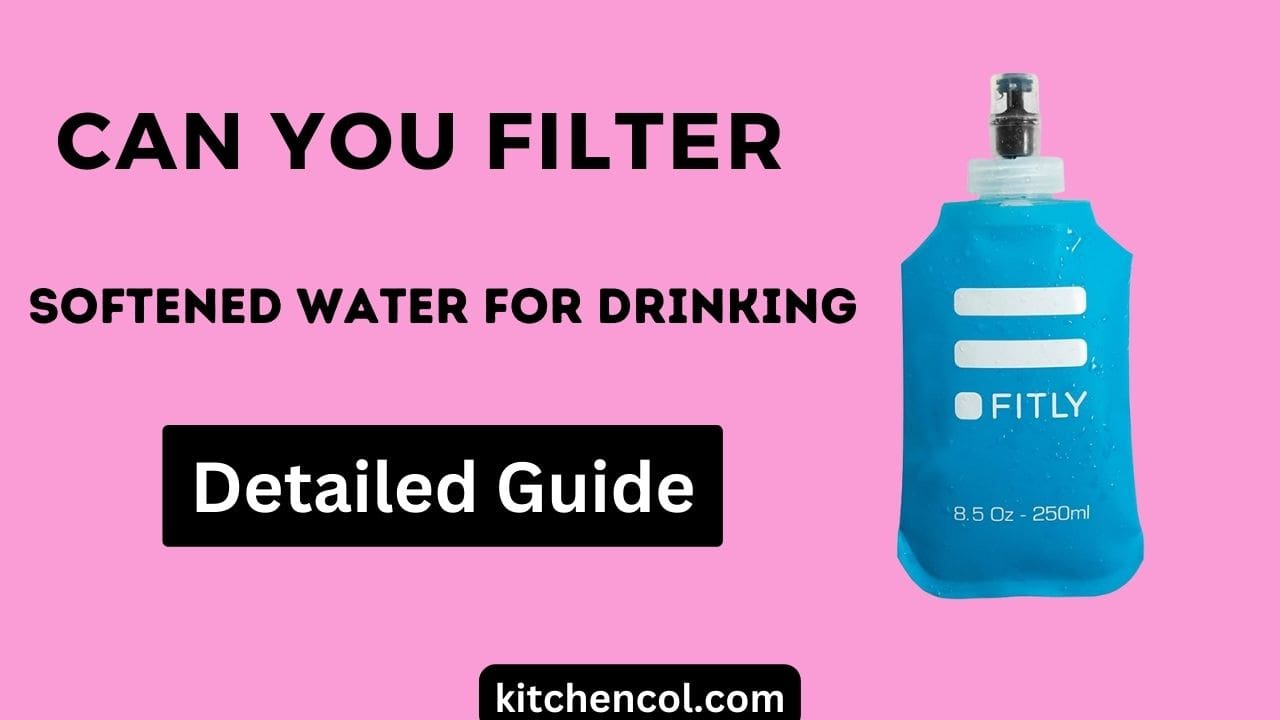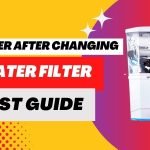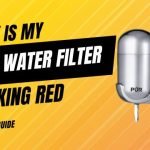Water softening is a process that removes minerals such as calcium and magnesium from hard water. These minerals can cause issues such as buildup in pipes and decreased effectiveness of soap.
Softening water is a common practice in households and can be done through a variety of methods, including ion exchange and reverse osmosis. While softening water can make it more suitable for household use, it may not be safe for drinking. In this article, we will discuss the potential health risks associated with drinking softened water and explore options for filtering it to make it safe for consumption.
Does a Brita filter remove sodium from softened water?

Potential Health Risks of using softened water
Drinking softened water can have potential health risks due to the presence of excess sodium. Softening water involves the exchange of sodium ions for the minerals that cause hardness. As a result, softened water contains high levels of sodium, which can be a problem for people on a low-sodium diet, such as those with high blood pressure or heart disease. Consuming too much sodium can also lead to water retention, which can cause swelling and other health issues.
Another potential health risk is the possibility of contamination with chemicals used in the softening process. Some water softening systems use chemicals such as potassium chloride or sodium bisulfite to exchange ions and remove hardness. These chemicals can potentially contaminate the water if not properly maintained or if the system is not functioning correctly.
It’s important to note that not all softened water contains high levels of sodium or chemical contaminants and it can be safe to drink if properly filtered. However, it is always a good idea to have your water tested by a professional if you have any concerns about its safety.
Options for Filtering Softened Water
There are several options for filtering softened water to make it safe for drinking.
Reverse osmosis systems:
Reverse osmosis (RO) is a popular and effective method for removing impurities from water. RO systems use a semi-permeable membrane to filter out dissolved ions, including sodium, and other contaminants. They can significantly reduce sodium levels in softened water and make it safe for drinking.
Distillation systems:
Distillation is a process that involves heating water to create steam and then condensing the steam back into the water. The result is a product that is free from dissolved minerals and other impurities, including sodium. However, it’s not as efficient as RO, and the process can be energy-intensive.
Carbon filters:
Carbon filters can remove chlorine and other impurities from water, but they are not effective at removing dissolved minerals such as sodium. However, it can be used in combination with other filtration methods to ensure that the water is safe and pure to drink.
It’s important to note that it’s important to regularly maintain and replace filters to ensure the safety of the water. It’s also important to choose the right filter that is designed to remove the specific contaminants that are present in your water.
FAQs:
Can I drink Softened tap water?
Ans: It is generally not recommended to drink tap water that has been softened without proper filtration to remove excess sodium and other potential contaminants.
Can you use softened water in the fridge?
Is it OK to cook with soft water?
Conclusion
In conclusion, water softening can be a beneficial process for household use, but it may not make the water safe for drinking. The presence of excess sodium and the potential for chemical contamination are significant health risks associated with drinking softened water.
To ensure that softened water is safe for consumption, it is important to properly filter it. Reverse osmosis systems, distillation systems, and carbon filters are all options for filtering softened water. Reverse osmosis is the most efficient and effective method for removing sodium from softened water.
Distillation systems can also remove impurities from softened water, but they’re not as efficient as ROs. Carbon filters can remove chlorine and other impurities, but they are not efficient in removing dissolved minerals like sodium. It’s important to regularly maintain and replace filters to ensure the safety of the water.

My name is Manan Bukhari and I am an expert in reviewing kitchen products for years. I have a passion for testing multiple gadgets especially related to home & kitchen. I love to spend my free time in resolving issues if I face some in any of my daily use things. I have fixed multiple gadgets of my home on my own without any assistance and that thing gave me confidence to make a blog on troubleshooting of items that are for daily use to assist you folks. Even my wife praises me for having such talent. I always explore new machines on my own because this thing fascinates me.



